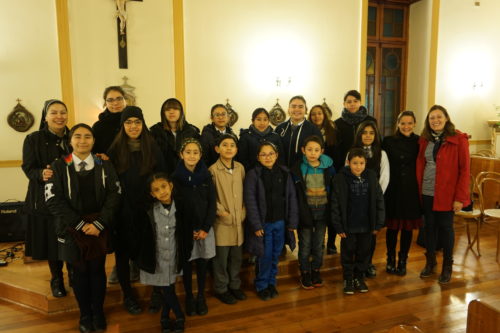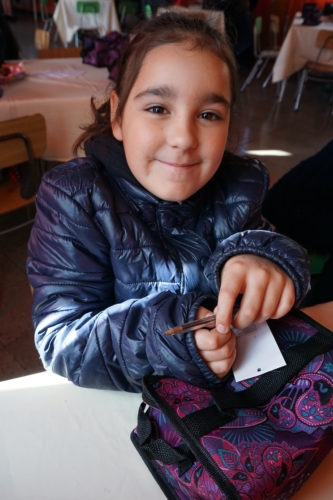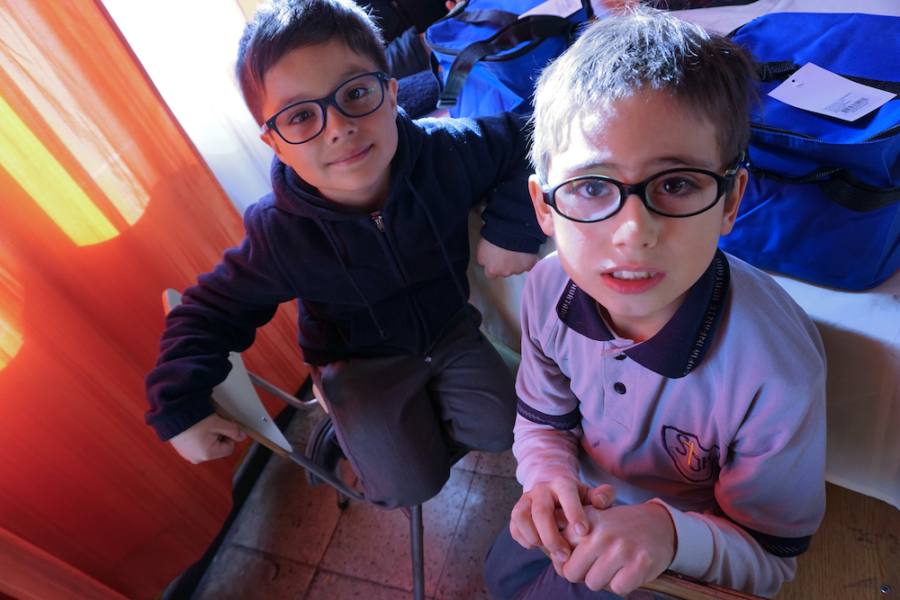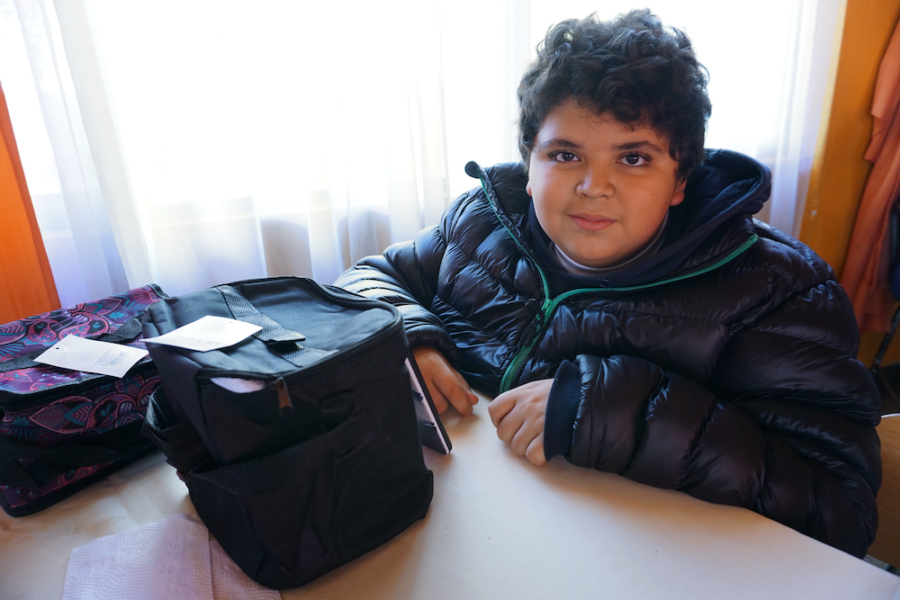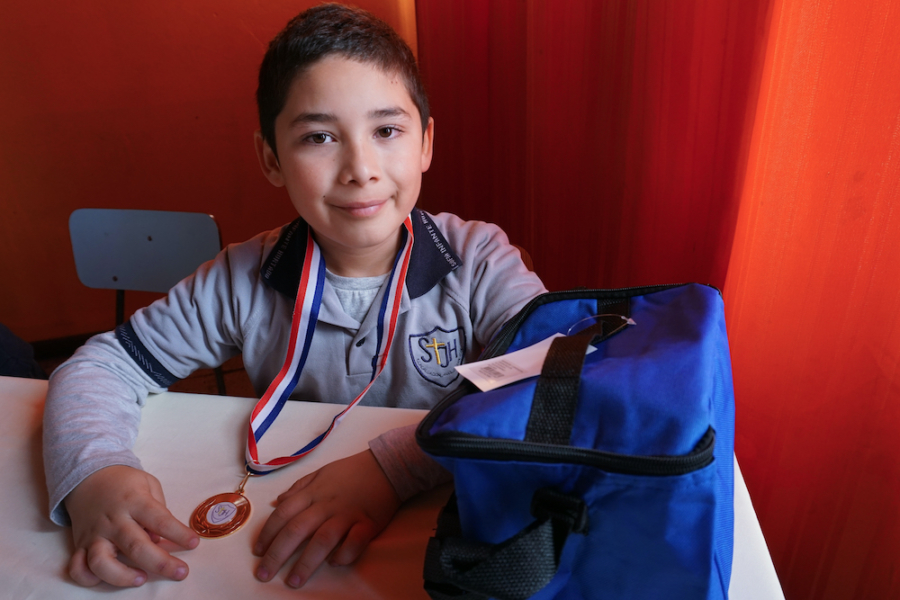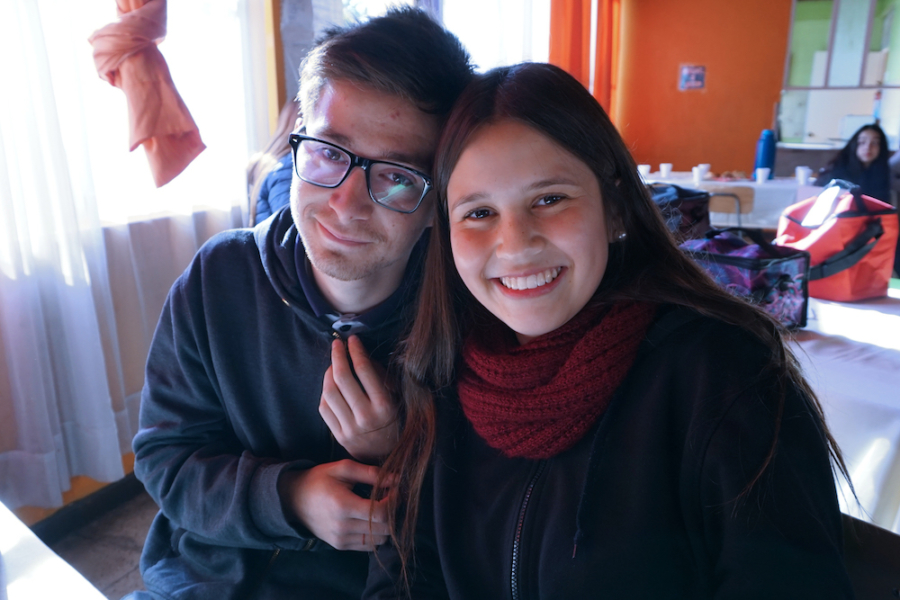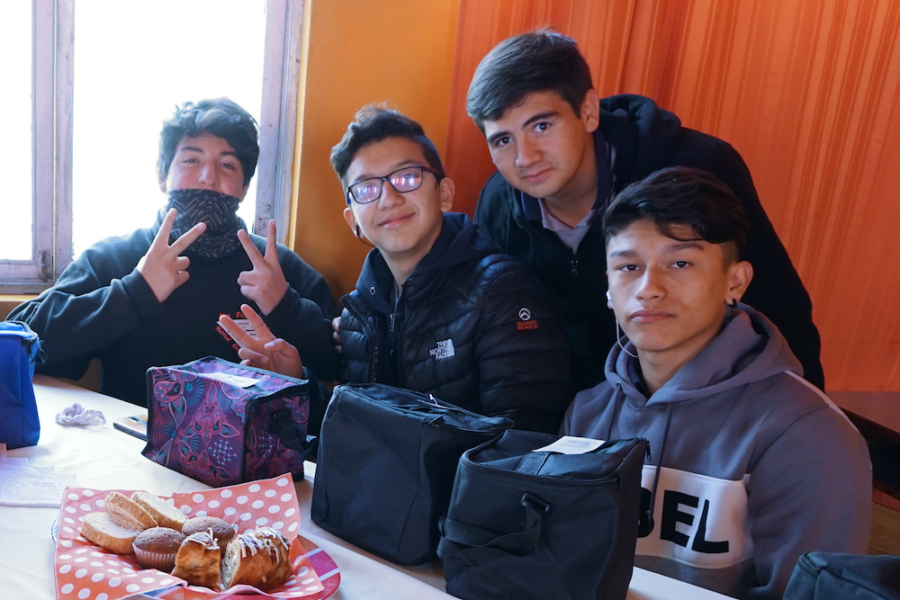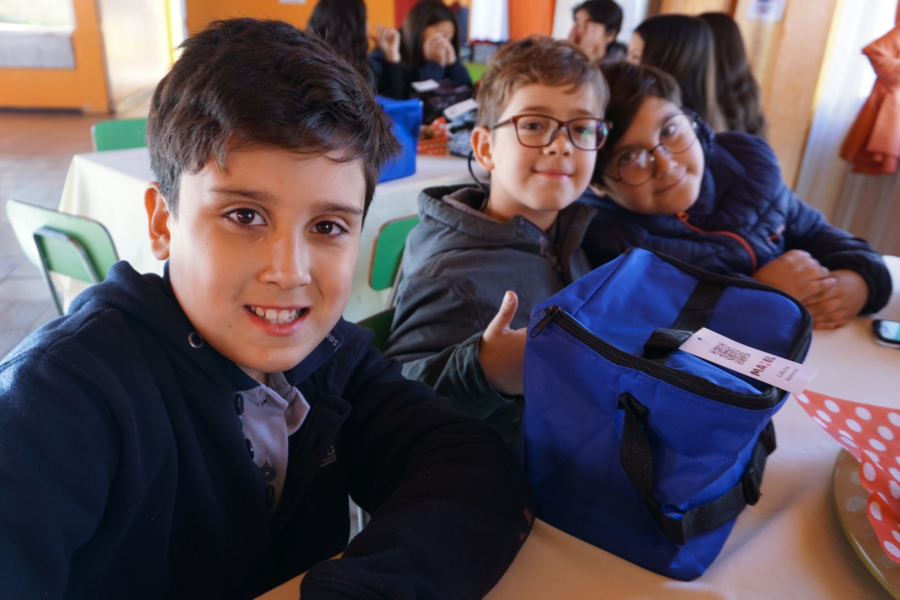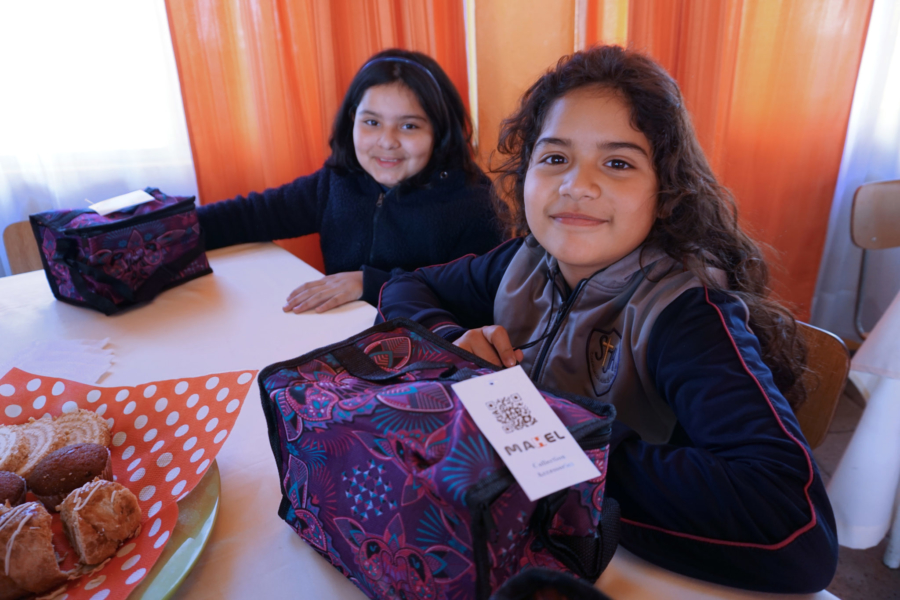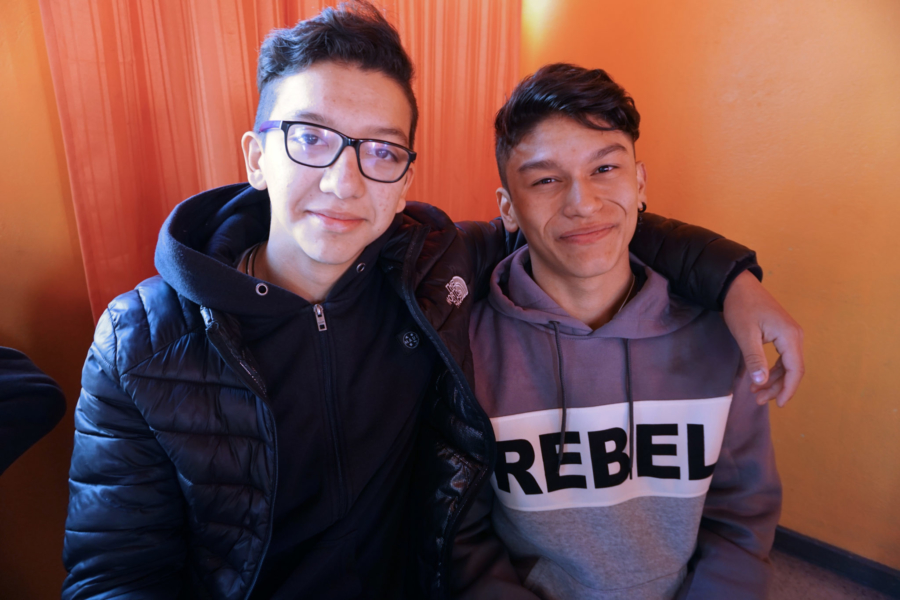Situated in the northwestern corner of South America, Colombia is rich in natural beauty, comprising rugged Andean mountains, lowland plains, sprawling Amazon rainforest and coastline on both the Pacific Ocean and the Caribbean Sea.
Its modern history begins at the end of the fifteenth century, when Christopher Columbus and the first Spanish explorers arrived in the region, subsequently establishing the area’s first successful Spanish settlement in 1508. Spanish colonization continued for over 400 years until the mid-nineteenth century when Colombia gained its independence and established itself as South America’s first constitutional government.
However, political instability in the mid-to-late twentieth century led to the uprising of guerilla groups, sparking violence throughout the country. Tragically, children were often the victims of terrible inhumanities and social injustices. Kidnappings, human trafficking, recruitment as soldiers into paramilitary groups and forcible participation in drug-trafficking rings became common realities for vulnerable and disadvantaged children.
With civil unrest a part of Colombia’s past since 2016, the country is safer than it once was, yet many families struggle living in poverty. Thankfully, our affiliated project, the Rondon Center in Bogotá, offers mothers of our sponsored children an opportunity to earn money at the Center’s garment factory, Creaciones Miquelina, while also providing basic needs to the children, thanks to our sponsorship program.
Seeing Bogotá for the first time
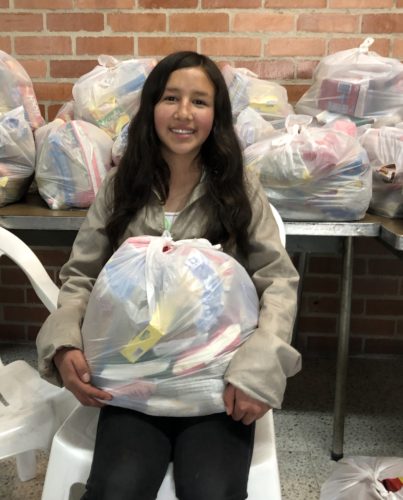
Sponsored children receive bags of food to take home regularly.
Our trip to visit the Rondon Center was my first to the city of Bogotá, Colombia’s capital. Traveling with Children Incorporated’s Director of International Programs, Luis Bourdet, our plan was to meet our volunteer coordinator, Sister Diana, at the Rondon Center, and then visit a few homes before taking a tour of Creaciones Miquelina.
We arrived in Colombia on a Sunday, and traffic was light as we drove through the city making our way to the Center. I found the outskirts of Bogotá to be surprisingly modern, with shopping malls, high-rise apartment buildings and large green spaces for locals to exercise and walk their dogs.
Once we got further into the city, Bogotá began to feel familiar to other South American cities I have visited — with one big exception. Colonial-era architecture and spacious plazas were abundant, yet they had been covered with either graffiti or large, colorful murals. The lines between vandalism and artistic expression were blurred, as it seemed as though every building was painted in some manner. I couldn’t determine in many instances which paintings were planned and which were done illegally, but I felt that they added to Bogotá’s charm as a visually striking city.
Getting to know the Rondon Center
Named after the Rondon neighborhood in which it resides, the Rondon Center is home to a group of Sisters who run Creaciones Miquelina.
When we pulled through the Center’s front gates, I first noticed how nice the grounds were kept. Flower gardens with benches and fountains were found both outside and inside the Center, connected by paths that made for a serene setting.
As we got out of the car, Sister Diana greeted us warmly and quickly motioned for us to come upstairs with her. Our sponsored children and their mothers were waiting for us — they had planned a presentation to welcome us to Colombia.
When we entered a large recreation room on the second floor, the children were sitting quietly in plastic chairs next to their mothers, patiently awaiting our arrival.
Luis and I sat down, and then the children took turns performing skits. The stories the children told through their acting were ones of danger — drugs, kidnapping and prostitution. The subject matter seemed rather mature considering how young some of the children were, but I quickly realized that in Colombia, they were lessons that needed to be taught at the youngest of ages.
The realities that children face living in impoverished neighborhoods are harsh, and the Sisters at the Rondon Center want to make sure children understand their self-worth so they don’t end up down a dark path later in life — a dark path that many of their mothers had to work hard to get away from.
After the presentations, the Sisters handed out bags of food for the children to take home thanks to donations from their sponsors. They excitedly looked through the bags, holding up boxes of cereal and dry spaghetti, olive oil and flour. Luis and I chatted with some of the mothers for a few brief moments before the group eagerly departed so they could return to their Sunday afternoon family activities.
Working from home
After the children and their mothers left, Sister Diana took Luis and me to visit a few homes of our sponsored children. Like in many places in Latin America, poor families tend to live up in the hills, away from the city and the services that are offered to wealthier residents. Often times, it is the only place they can afford to have a little piece of land for themselves, even if it means their children are miles away from schools or community centers.
One of the homes we visited was of a little boy in our program who lives with his single mother and two sisters. Their small living room was occupied by a sofa, chair, two sewing machines and a tall shelf full of spools of thread and folded fabric.
As we stood talking, the boy’s mother explained that she started working in the garment factory at the Rondon Center and saved enough money to buy her own machines. Now, the company she works for delivers the fabric to her and comes to pick up the finished pieces each week when she has completed them.
The realities that children face living in impoverished neighborhoods are harsh, and the Sisters at the Rondon Center want to make sure children understand their self-worth so they don’t end up down a dark path later in life — a dark path that many of their mothers had to work hard to get away from.
She told us that over the years she has earned enough money to add an extension to her house while also getting to be home with her children in the afternoon and evenings. She proudly showed us some of the shirts she created and beamed when she told us that her son was one of the top students in his class.
Creaciones Miquelina
The next morning, Luis and I returned to the Rondon Center where Sister Diana offered Luis and me a tour of the Creaciones Miquelina. Established in 1977 by a Colombian nun named Esther Castaño Mejia, Creaciones Miquelina started with just a few sewing machines to offer help to women rescued from the streets. The workshop began by providing training so women could apply for jobs in other factories. Today, Creaciones Miquelina has grown to employ and train hundreds of women each year to work in their factory while providing daily meals to their children.
As we toured the factory, Sister Diana showed us where the garments were cut, where the designs for clothes were created and where the administration offices were located. Windows from the second floor overlooked the factory where roughly a hundred women were busy at work.
The entire operation was impressive, and knowing these women otherwise would have had no chance at learning skills they needed to take care of their families made our visit to the Miquelina that much more special.
HOW DO I SPONSOR A CHILD IN COLOMBIA?
You can sponsor a child in Colombia in one of three ways: call our office at 1-800-538-5381 and speak with one of our staff members; email us at sponsorship@children-inc.org; or go online to our sponsorship portal, create an account, and search for a child in Colombia that is available for sponsorship.

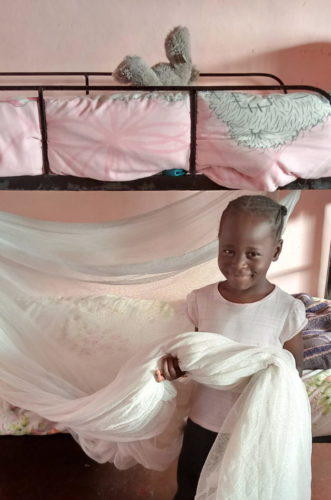
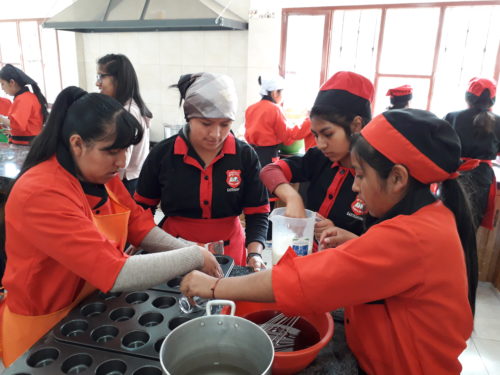
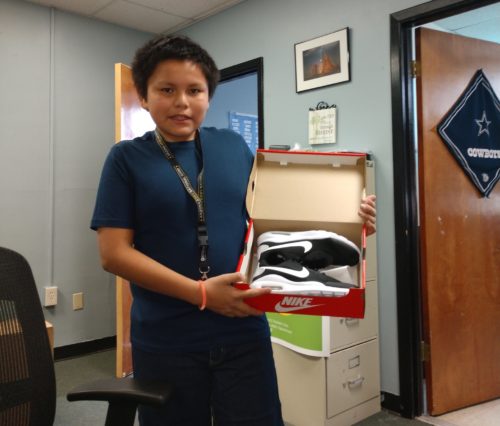
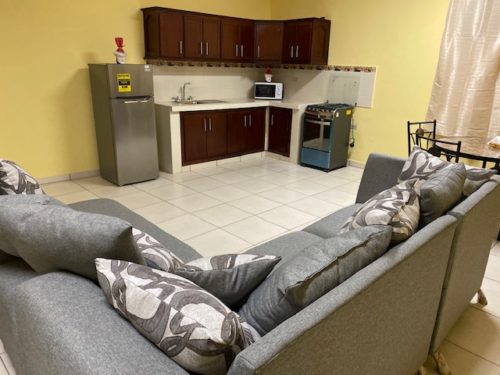
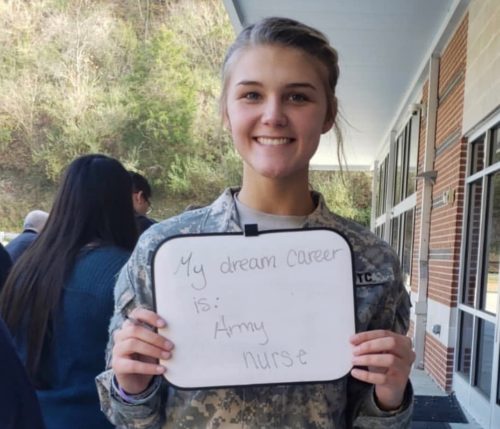 in December, she moved out of her family home and in with a friend’s mother, where she hoped to find a peaceful place to accomplish her studies. For a while, things went well, but then quite suddenly, her circumstances changed and she was forced to find another place to stay. Anna packed her meager possessions into a trash bag and set off to find a new home or someone that would give her lodging. She missed quite a bit of school while she was looking for a place to stay, until finally a friend offered to let Anna move in with her family and sleep on their sofa.
in December, she moved out of her family home and in with a friend’s mother, where she hoped to find a peaceful place to accomplish her studies. For a while, things went well, but then quite suddenly, her circumstances changed and she was forced to find another place to stay. Anna packed her meager possessions into a trash bag and set off to find a new home or someone that would give her lodging. She missed quite a bit of school while she was looking for a place to stay, until finally a friend offered to let Anna move in with her family and sleep on their sofa.